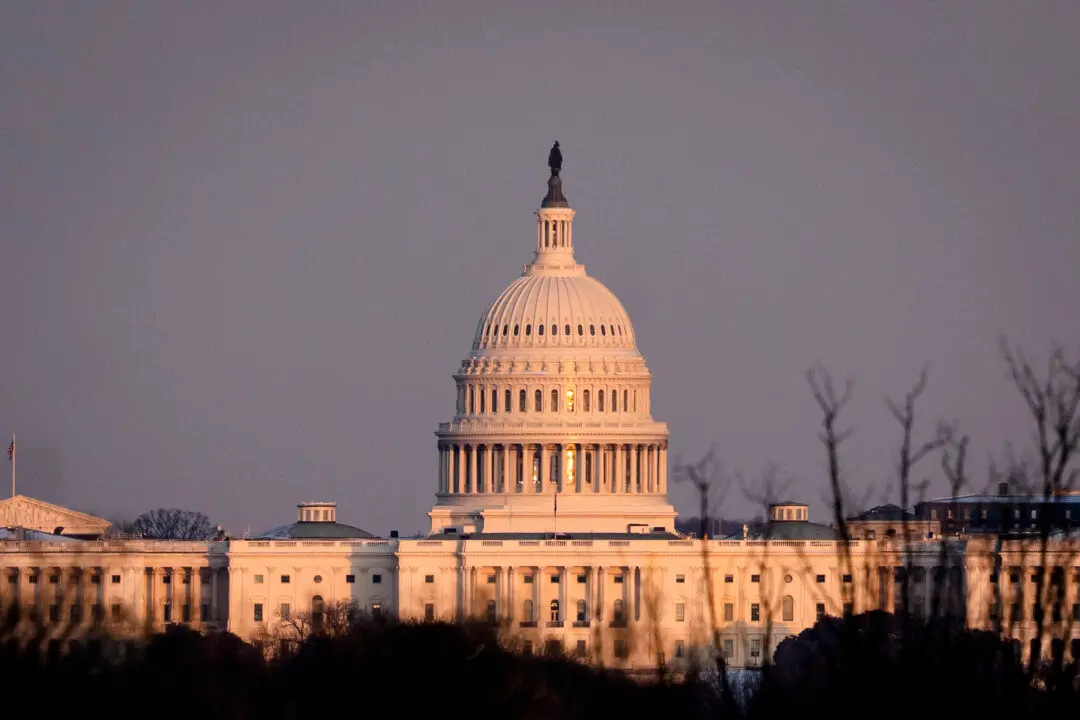Sen. Lindsey Graham’s (R-S.C.) recently-unveiled 15-week abortion ban is causing headaches for GOP Senate nominees in tight races and driving Democrats’ hopes of regaining momentum only weeks ahead of the 2022 midterms.
Graham on Sept. 13 unveiled the bill, dubbed the Protecting Pain-Capable Unborn Children from Late-Term Abortions Act. The legislation is similar to another bill introduced in the Senate by Graham last year but it would change the prohibition from the previous bill’s 20-week ban to a reduced 15-week ban.





